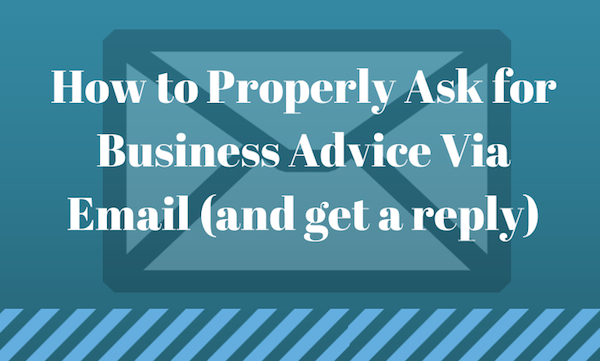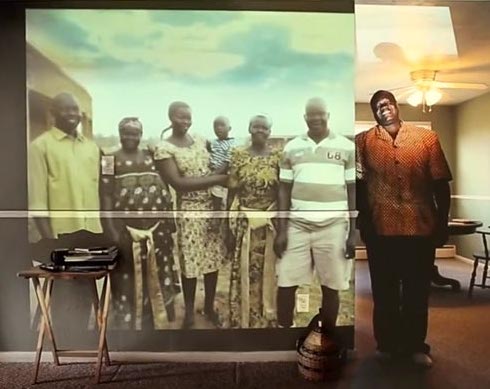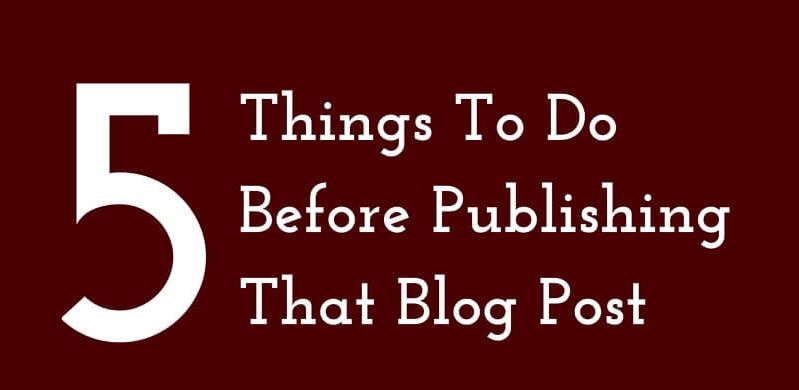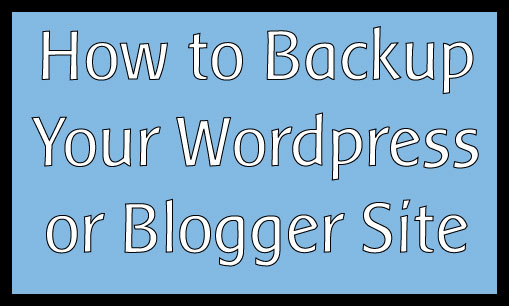How Not to be a Crappy Panelist
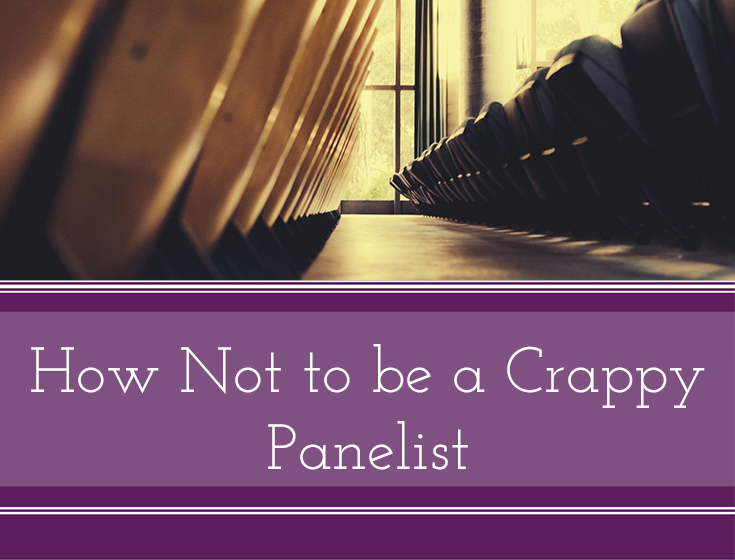
Conferences are one of the many things you can do to invest in yourself as a blogger. First, you’re an attendee. Then, you pitch to be a speaker the following year. Some people get an entire session depending on the uniqueness of their topic. But if several people have similar backgrounds or topic pitches, they can be invited to a panel.
I have a love/hate relationship with panels at conferences. On one hand, it’s nice to get various perspectives from people on a specific topic. On the other hand, some folks just don’t know how to be a good panelist.
Panels typically consist of 3-5 participants. There’s a moderator who asks them questions, and sometimes there’s room for Q&A at the end. You want to be the one who people are lining up to talk to after the session, not the one they’re not even asking questions. Here are 5 ways to not be a crappy panelist.
Know your strengths and weaknesses
Seems like it’s a no-brainer, right? You’d be surprised. If you’re on a panel, chances are you were chosen for two reasons: your background and the fact that you and several other people had a similar idea for a session. But let’s say you pitched the idea, just because you knew it was popular. If you got selected to talk about something you either have no experience with or you just got started with, you need to stay in your lane.

Speak Up
Let’s say you’re on a panel with some recognizable names, and you’re just sort of breaking into whatever niche. You may suffer from imposter syndrome on the stage. Don’t let it get to you! Panels typically have that one person who for the most part dominates their topic. But there is nothing more awkward than being the one just sitting up there with the blank stare. I beg of thee: speak up!
Now part of this responsibility lays on the moderator. I’ve seen some moderators who direct 75% of the questions to one person, and maybe they’ll go down the line. But if someone else was asked a question, and you have something to add, say something! I love to hear panelists say “can I add to that”, because it gives the audience more perspective.

Don’t be long winded
In the same breath (no pun intended), don’t be long winded. For the love of all that’s holy, do not be Chatty Cathy up on stage. Some people have a tendency to ramble after a while, and end up forgetting the question. Bruh, if that’s you, cut it out. Your fellow panelists hate it. The audience hates it. And the moderator is gonna be looking at you like “are you done?” like Kevin Hart.
Again, you are not alone up there. Defer to your fellow panelists. Especially if you know one or a couple of them. I absolutely love when one person starts an answer, and gives props to someone else sitting up there with them. It adds more interaction, and makes it feel less orchestrated and stale.
Be accessible
After your talk, Q&A happens. If someone directs a question at you, obviously be kind and informative. But after the Q&A, conference goers stick around to ask more personal questions to the individuals on the panel. Stick around! If you’re rushing off and out the room as soon as you all are done, folks are gonna feel some type of way.
I will never forget, I went to Blogalicious and Uneeka Jay spoke on a panel. Afterward, about half the room stuck around to talk to her. She led us out into the ballroom and basically had a 2nd session, answering everyone’s questions. We nicknamed her the Pied Piper because everyone literally followed her in a trance. But it was awesome because not only was she approachable, but she made sure she was able to answer everyone’s questions.

Drop your contact info
Understand, not everyone is up for public speaking. This could include asking questions in a crowd, because everybody starts staring at you. And there are also time constraints. If you didn’t get the chance to reach everyone, throw your contact information out there. That goes hand-in-hand with “be accessible”, but you have to give people an easy way to reach you.
Most panels have the panelists’ bios and social media handles on the screen. But if you know your intern tweets for you and you’re in email a lot more, give out your email address! Have your cards on hand. Take their cards.
I’ve seen more good panels than bad, and I usually remember everyone on stage. But there is always the breakout star. You want to be that person. The one people are still feeling magic about even after the conference is over and everyone went home. Don’t be a crappy panelist! When you know better, you do better.
What would you add?

